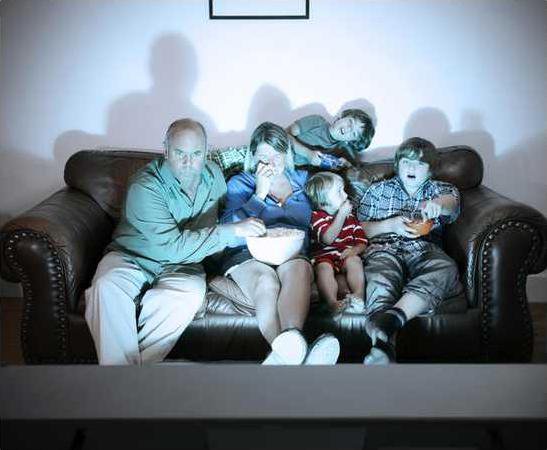Sex doesnt sell, and neither does violence.
A new study suggests that sex and violence actually never sold, even though ads containing them are so common, Tanya Basu reported for Time.
After studying past research on the consumer response to sex and violence, researchers came to the conclusion that sexual or violent ads are a distraction for viewers, Basu reported.
Advertisers think sex and violence sell, so they buy advertising time during sexual and violent programs, and in turn producers continue to create sexual and violent programs that attract advertising revenue, the authors write.
Its not that viewers arent attracted to the images they see, thats human nature. The problem is that people either turn away from the ad or are so focused on the images that they fail to make a connection to the brand, Basu explained.
Women would remember the product, but men wouldnt. Older people would think worse of companies using these tactics, while younger people would be attracted more, the study showed.
Even more than simply not selling products, using advertising that relies on violence or graphic images can be detrimental to the brand that employ these cheap advertising tactics.
Brands advertised in violent contexts will be remembered less often, evaluated less favorably, and less likely to be purchased than brands advertised in nonviolent media, the study says.
While this type of advertising may not work, there are other types of advertising that may be more effective, Arwa Mahdawi reported for The Guardian.
Mahdawi reported advertising that plays on ritual or habit, like breaking a Kit Kat bar, or makes things look exciting have proven to be effective ways of selling products.
In a column for The Huffington Post, Madeline Wahl expressed great confusion over the sexualization of advertising.
Why is there a need to strip down or be in suggestive poses in order to have your voice heard or your brand seen? she questioned.
This type of advertising demeans the people in it and underestimates the people being advertised to, Wahl explained.
Shallowness and objectification seems to be the antithesis of American culture, she wrote. A place that consciously promotes sexist and misogynistic advertisements should not be the same place where you can pursue the American Dream.
A new study suggests that sex and violence actually never sold, even though ads containing them are so common, Tanya Basu reported for Time.
After studying past research on the consumer response to sex and violence, researchers came to the conclusion that sexual or violent ads are a distraction for viewers, Basu reported.
Advertisers think sex and violence sell, so they buy advertising time during sexual and violent programs, and in turn producers continue to create sexual and violent programs that attract advertising revenue, the authors write.
Its not that viewers arent attracted to the images they see, thats human nature. The problem is that people either turn away from the ad or are so focused on the images that they fail to make a connection to the brand, Basu explained.
Women would remember the product, but men wouldnt. Older people would think worse of companies using these tactics, while younger people would be attracted more, the study showed.
Even more than simply not selling products, using advertising that relies on violence or graphic images can be detrimental to the brand that employ these cheap advertising tactics.
Brands advertised in violent contexts will be remembered less often, evaluated less favorably, and less likely to be purchased than brands advertised in nonviolent media, the study says.
While this type of advertising may not work, there are other types of advertising that may be more effective, Arwa Mahdawi reported for The Guardian.
Mahdawi reported advertising that plays on ritual or habit, like breaking a Kit Kat bar, or makes things look exciting have proven to be effective ways of selling products.
In a column for The Huffington Post, Madeline Wahl expressed great confusion over the sexualization of advertising.
Why is there a need to strip down or be in suggestive poses in order to have your voice heard or your brand seen? she questioned.
This type of advertising demeans the people in it and underestimates the people being advertised to, Wahl explained.
Shallowness and objectification seems to be the antithesis of American culture, she wrote. A place that consciously promotes sexist and misogynistic advertisements should not be the same place where you can pursue the American Dream.








